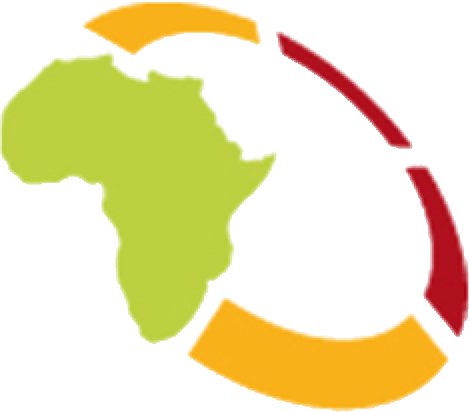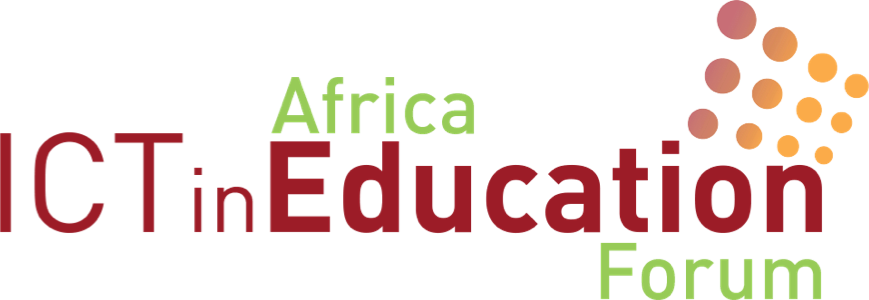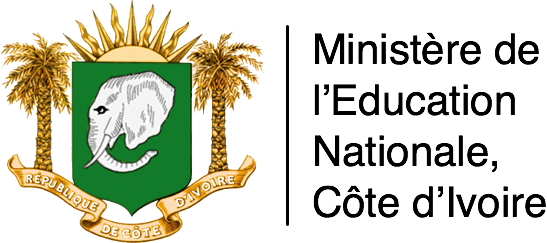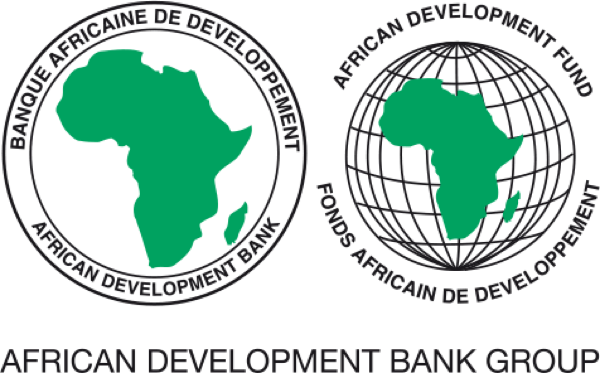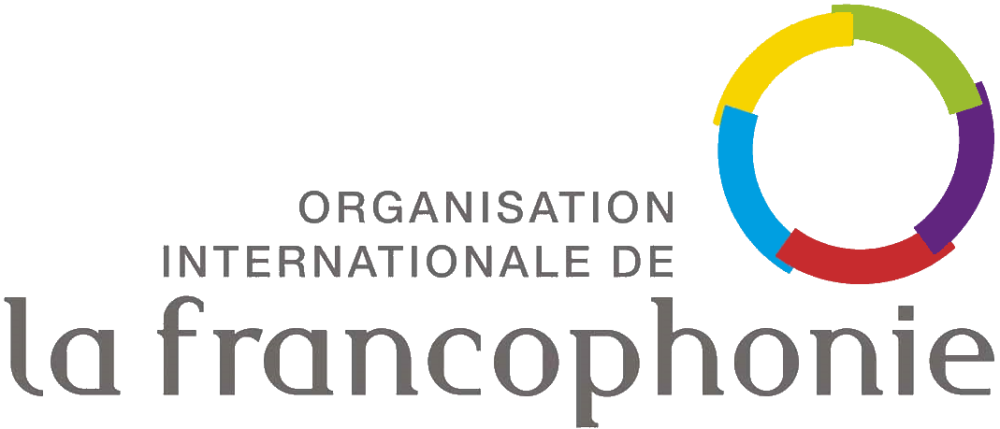Developing digital educational content: a necessity for African education
How can relevant digital content be developed in the context of African education? Should digital educational resources be developed in local languages? What structures should we set up in order to produce them? Once these digital resources are in place, what platforms are appropriate for sharing and disseminating them? Should open content or copyrighted materials be used? Which economic models can be used to ensure that this digital content is disseminated and accessible to the greatest possible number of people?
All of these questions were discussed extensively at the second session of the Forum, led by Moise A. Leye, Corporate Affairs Director, Intel, and Louise Bertrand of the OIF.
Many experiences were shared during the session, both at the level of institutions (ministries, etc.) and at that of the private sector and civil society. One point on which opinions were nearly unanimous was summarized as follows by a UNESCO representative: “The problem of the African elite is that it does not consider the possibility that local languages can serve for learning.”
The participants (ministries excepted) thus agreed that starting the learning process in a manner that is adapted to the local situation improves both motivation and performance, i.e., that learning to read and write is easier when using materials designed in the language that pupils use in their own communities. In the words of the president of the Education for All in Africa network, “What is important is not the language but learning to read! It will be possible to learn other languages later on.” Digital educational content should thus be made available in local languages.
Other points discussed include the glaring lack of content in French at the higher levels of school systems and the need to train people in production of such content. This problem was illustrated by Tunisia’s “digital school” experience. This web portal puts educational resources online (textbooks, class notes, homework, corrected exercises, etc.), and the fact that it supports more than 11,000 simultaneous connections during examination periods indicates that digital content is a genuine need for both pupils and teachers.
Other constraints related to this topic include the linkage between production and digitization of content and technical aspects such as the operability of the platforms used.
Following this discussion, it seems obvious that the development of digital content is highly important for education in Africa, as is encouraging public/private partnerships to produce such content efficiently by pooling the skills of all stakeholders. The recommendations that emerge from the session will help to inform the policy dialogue at decision-making level.
